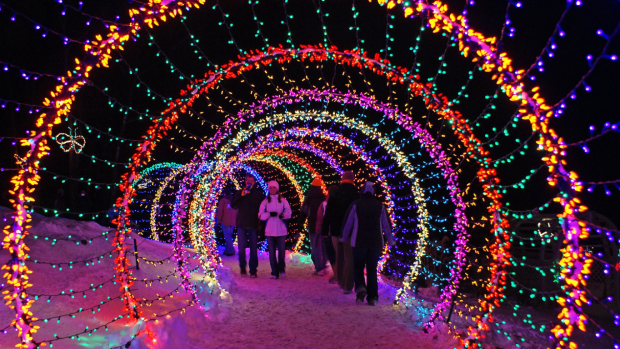- Even with funding for electric vehicles and transit, the bipartisan infrastructure law could actually cause carbon emissions to rise if states use the money to widen highways. (E&E News)
- Transportation was once a wonky field, but the culture wars are starting to seep in as Democrats increasingly oppose highways and support alternatives to driving, and Republicans vice versa. (Governing)
- The argument against congestion pricing from the left is that it hits low-income drivers the hardest, but equity issues can be addressed by investing the revenue in transit. (Greater Greater Washington)
- Bus rapid transit is becoming a popular alternative to light rail because it’s cheaper and easier to plan while also being faster than ordinary buses. (Mass Transit)
- Nineteen people have been accused of running a scam where they sold stolen identities to thousands of ride-share drivers so they could avoid background checks. (Market Watch)
- A Massachusetts district attorney is looking into charges of fraudulent signatures on petitions to get a Prop 22-style law for Uber and Lyft on the ballot. (Boston Globe)
- Incoming Milwaukee Mayor Cavalier Johnson released a plan to combat reckless driving. (Record)
- Supply chain issues related to COVID have pushed back the opening of Tempe’s streetcar. (ABC 15)
- Baltimore’s transit agency is transitioning to a zero-emissions bus fleet. (Fishbowl)
- Here’s how Houston could use its federal infrastructure dollars. (Chronicle; subscription required)
- The Pittsburgh Port Authority is installing air purifiers on buses and trains. (City Paper)
- Tesla CEO Elon Musk claims to live in a $50,000 tiny house, but really he lives in a friend’s $12-million Austin mansion. (Jalopnik)
